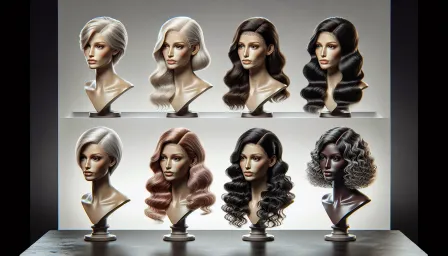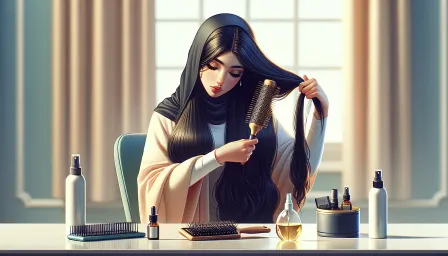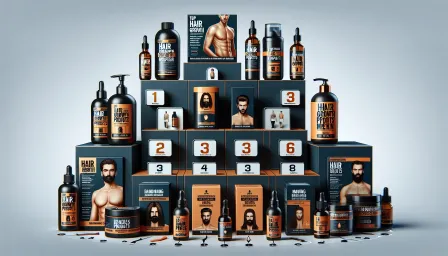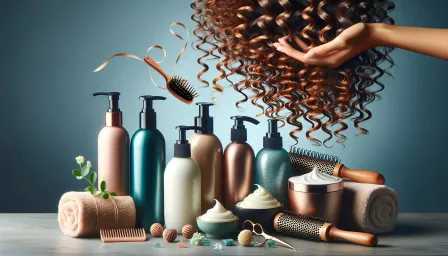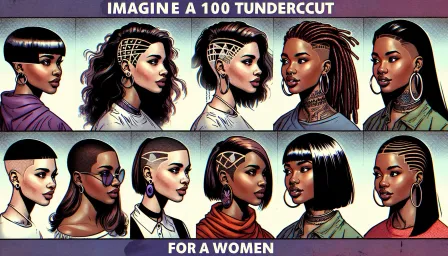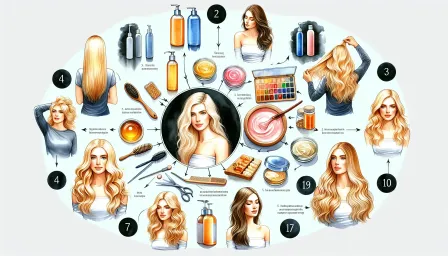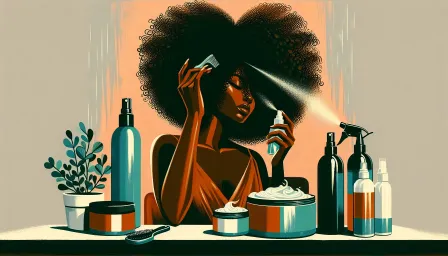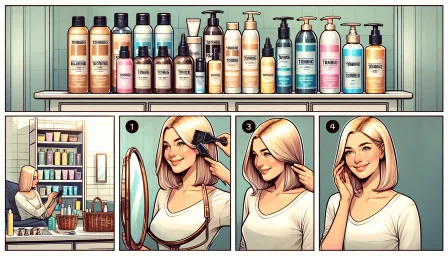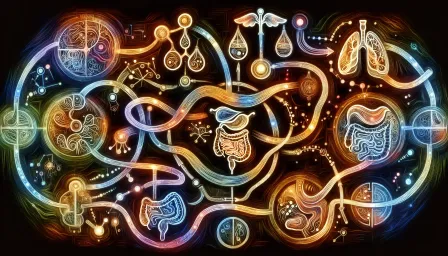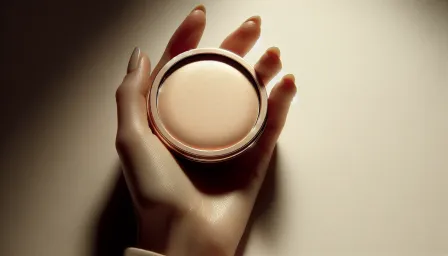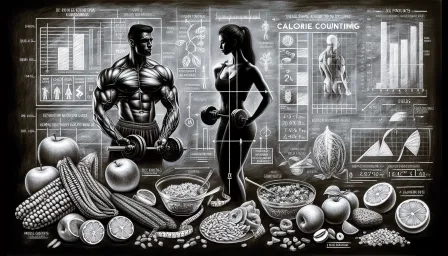Best Hair Treatment for Damaged Hair: Top 10 Solutions for Repair and Revitalize
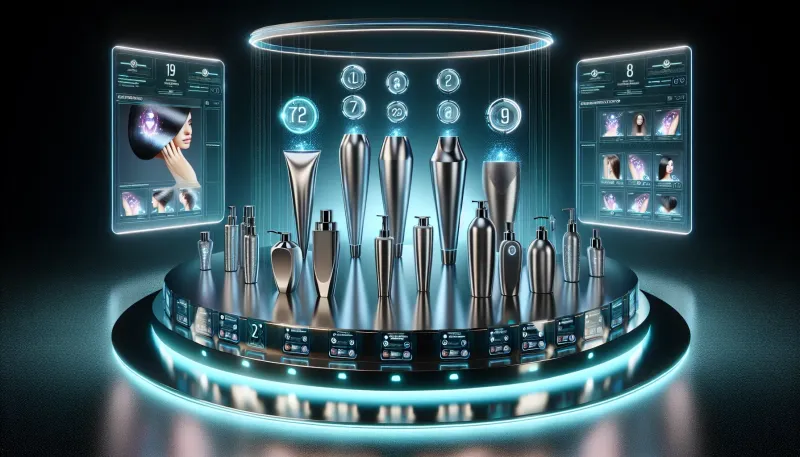
Discover the best hair treatments for damaged hair. Explore top solutions to repair and revitalize, ensuring your hair returns to its healthiest state.
Introduction
Damaged hair is a common concern, affecting individuals of all ages and hair types. From exposure to harsh chemicals and heat styling to environmental factors, various elements can lead to hair damage. Fortunately, numerous treatments can help repair and revitalize your tresses. In this article, we will explore the best hair treatments for damaged hair and offer effective solutions to restore your hair's health and shine.
Understanding Hair Damage
Before delving into the best hair treatments, it's crucial to understand what causes hair damage. Common causes include:
- Heat styling tools (e.g., blow dryers, curling irons, straighteners)
- Chemical treatments (e.g., coloring, perming, relaxing)
- Environmental factors (e.g., UV rays, pollution)
- Poor hair care practices (e.g., excessive brushing, wrong products)
- Genetic predisposition
These factors weaken the hair shaft, leading to breakage, split ends, and dullness. Addressing these issues is pivotal for restoring your hair's vitality.
Top 10 Hair Treatments for Damaged Hair
1. Deep Conditioning Treatments
Deep conditioning treatments are essential for infusing moisture and nutrients into damaged hair. Regular use helps repair the hair shaft and prevent further breakage. Look for products rich in natural oils, proteins, and vitamins.
2. Hair Masks
Hair masks are intensive treatments designed to address specific hair concerns. For damaged hair, opt for masks containing ingredients like keratin, argan oil, and shea butter. These ingredients penetrate deeply to repair and fortify the hair.
3. Leave-In Conditioners
Leave-in conditioners provide continual nourishment and protection throughout the day. They are particularly beneficial for combating dryness and preventing further damage from environmental factors.
4. Protein Treatments
Protein treatments strengthen and rebuild damaged hair by replenishing lost proteins. Regular use can significantly reduce breakage and improve hair elasticity. However, use them sparingly to avoid protein overload.
5. Hair Oils
Natural hair oils like coconut, jojoba, and argan oil provide deep hydration and repair. They help smooth the hair cuticle, reduce frizz, and add shine. Apply them as a pre-wash treatment or a finishing touch to styled hair.
6. Bond-Building Treatments
Bond-building treatments are innovative solutions that target the hair's internal bonds. They are particularly effective for chemically treated or heat-damaged hair. These treatments work on a molecular level to restore strength and resilience.
7. Scalp Treatments
A healthy scalp is fundamental for healthy hair growth. Scalp treatments, such as exfoliating scrubs and nourishing serums, improve scalp health, promote blood circulation, and create a favorable environment for hair repair.
8. Heat Protectants
Using heat protectants before styling is crucial for minimizing heat damage. These products create a barrier that reduces the impact of heat tools on the hair, preventing moisture loss and breakage.
9. Sulfate-Free Shampoos
Sulfate-free shampoos are gentler on damaged hair as they lack harsh detergents that strip natural oils. Opt for shampoos with nourishing ingredients to cleanse while protecting your hair's integrity.
10. Trimming Split Ends
Regular trims are vital to maintaining healthy hair. Cutting off split ends prevents them from traveling up the hair shaft, reducing breakage and ensuring your hair looks healthy and vibrant.
Tips for Preventing Hair Damage
While addressing existing damage is essential, prevention is equally important. Here are some tips to keep your hair healthy:
- Avoid excessive heat styling.
- Minimize chemical treatments.
- Use a wide-tooth comb to detangle.
- Wear protective hairstyles.
- Protect your hair from UV exposure.
Conclusion
Repairing damaged hair requires a combination of the right products and healthy hair care practices. By incorporating the best hair treatments for damaged hair into your routine and being mindful of preventive measures, you can restore your hair's health and vibrancy. Whether you choose deep conditioners, hair oils, or bond-building treatments, remember that consistency is key to achieving the best results.




